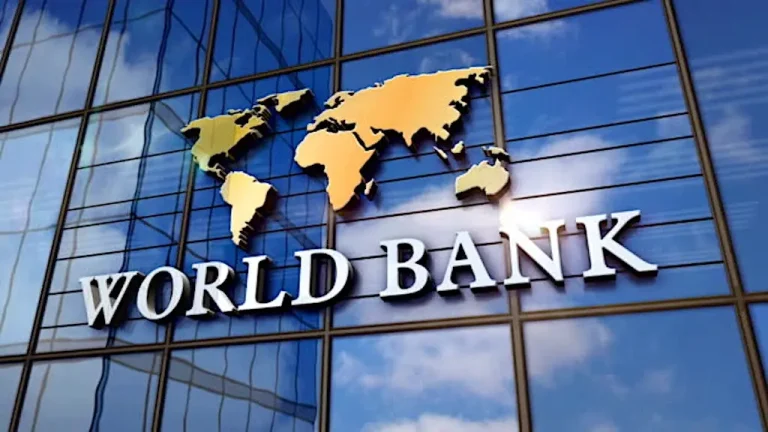
The trade relationship between Nigeria and the United Kingdom has reached a historic milestone, with the total trade value now standing at £7.9 billion, approximately ₦16 trillion, according to British High Commissioner to Nigeria, Richard Montgomery.
Speaking in Abuja during an interview, Montgomery described the figure as the highest level of trade ever recorded between the two countries, signaling a major leap in bilateral economic cooperation.
“The £7.9 billion or ₦16 trillion in trade is the highest it’s ever been between the UK and Nigeria,” he said. “It shows a very positive trajectory in our partnership.”
Montgomery attributed the progress largely to the UK-Nigeria Enhanced Trade and Investment Partnership (ETIP) a strategic framework that removes non-tariff barriers and fosters bilateral cooperation in priority sectors.
“ETIP is exciting because it’s a mutually agreed set of sectors and issues that both governments are committed to working on,” he explained. “It is driven at the ministerial level by Nigeria’s Minister of Industry, Trade and Investment, and the UK’s Minister for Business and Trade.”
The initiative also ties into the Developing Countries Trading Scheme, which offers favorable trading terms and tariff reductions on Nigerian exports, helping to scale trade volumes and diversify Nigeria’s international market presence.
Montgomery highlighted that the UK’s comparative strengths align closely with Nigeria’s economic priorities. These include:
- Financial services
- Fintech and emerging technologies
- Artificial intelligence and digital platforms
- Advanced energy solutions
- Creative economy and advanced manufacturing
- Higher education and agricultural development
“The UK isn’t competitive in every sector, but where we do have strength such as financial tech, AI, and energy innovation we are bringing that to the table to support Nigeria’s growth,” Montgomery stated.
He also emphasized the UK’s growing investments in Nigeria’s higher education sector and agricultural value chains, aimed at enhancing export readiness and food security.
The British envoy underscored that ETIP is not a one-sided initiative, but a joint economic strategy designed to benefit both nations.
“ETIP is about unlocking opportunities for businesses and creating jobs in both our countries. It’s a partnership built on mutual interest, not charity,” Montgomery said.
He added that both governments are actively following up with businesses and agencies in each sector to ensure the partnership results in tangible investments, job creation, and sustainable growth.


